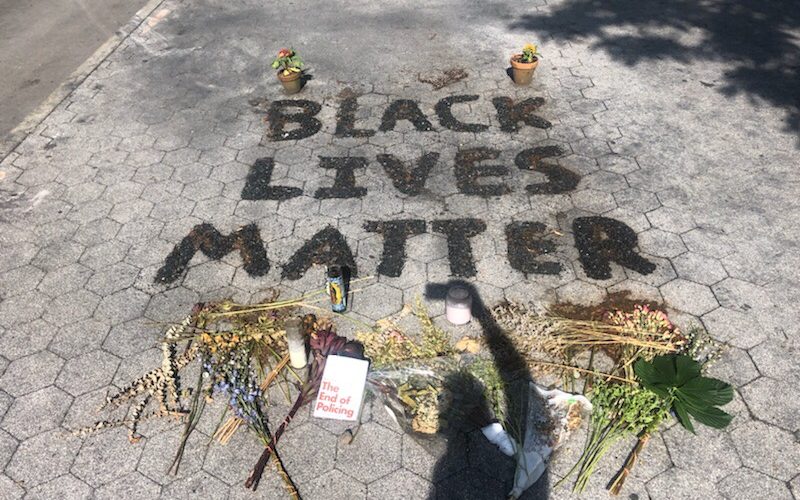So, week number thirteen.
For so much of the pandemic, I have been bouncing off the walls of my apartment in New York City, in a little pocket of it called Stuytown. It is a sprawling complex, on the East Side of Manhattan, at the entrance of the renowned East Village, an oasis really, featuring a fountain of water that runs so much of the year, myriad parks for children and for the fit, and so much more. For eleven weeks, I have carefully stayed within the confines of Stuytown, venturing out for the occasional walk to Duane Reade, Target, Trader Joes, CityMD, Fairways. Around the ninth week of the Coronavirus, I began visiting the post office, willing to go further afield, walking to Times Square and even a foray into Central Park (the eleventh week for that one). I began the pandemic employed, found myself without a job entering the sixth week, and like almost forty million others, filed for unemployment, which took five weeks and a certain amount of Marcelle-ian tenaciousness to finally receive it.
I have done so much of this, probably more, without The Teenager at home, and at some point, with my dog Rocky not with me either. My daughter, worried for my inability to rest, came into the city, with the kindness and support of the family caring for her, picked him up, bringing him back to the COVID-free world she’s been holed up in.
But now, now I am sequestering outside the city, thanks to my dear friend, shelter in the place of a home steps away from the beach, my home away from home island, this thirty-three mile long sandbar in the ocean on the coast of Long Island. I have been coming here every year for decades with my daughter, summers on end, renting homes belonging to others; this summer, we’d planned to spend June here, we had it all set up, like so many of us with summer plans, and then, well, you know the song, March 13, everything changed.
A few days ago, while walking off the beach, I saw this sign in the window, BLM, and I stopped to take a photo of it. For the last few days, the town has been conducting its own protests, so happy I’ve been to see the signs held up by people who believe in the power of protest, as I do so deeply. As I stood in front of this sprawling beach side home, my Hello Kitty mask covering my face, a fella in swim shorts with a surf board under his arm emerged from the side of the house. “Are you for it or against it?” He asked, seeing that I was taking this photo, of this home he lived it. It struck me, that I could have been on either side of this, he had no idea, I was now in a land that was firmly on the side of FOR IT, that I was in the outskirts of FOR IT, and when you are in the outskirts, there is that quiet possibility that everyone around you is not aligned as you are in your politics.
And so, that, that is why we put signs up in our windows and we walk with our arms raised and buttons on our chest, we must remember that every one of us protesting matters, that our voices matter, that what we are saying matters, as we protest for the senseless deaths that we have been seeing over and over again, dating before Rodney King and through George Floyd, all these women and men killed, these undeniable need for a systemic change to policing. We have to keep at it.
As Booker T. Washington wrote in 1901: “Every persecuted individual and race should get much consolation out of the great human law, which is universal and eternal, that merit, no matter under what skin found, is, in the long run, recognized and rewarded. This I have said here, not to call attention to myself as an individual, but to the race to which I am proud to belong.”
The question I have is the question I have always had: how to impact change, so that we do not slide back, so that the protests we are seeing—in the midst of a pandemic, which considering as a New Yorker, having been isolated for three months, to go back onto the streets before those streets are reading for the pounding of the pavement, for fear of catching this curse of COVID, I hope to see change, impactful change, change that is systemic, change that is enforceable, change that is reliable. The lesson I walk away with, from Mr. Washington, is to stay true to the gods of goodness, of decency, of acceptance, to condemn racism, to understand every young person becomes an older person and at every step along the way, they ought to be proud of their race, their religion, their personhood, to live life on their terms, to the end of their term.







0 Comments